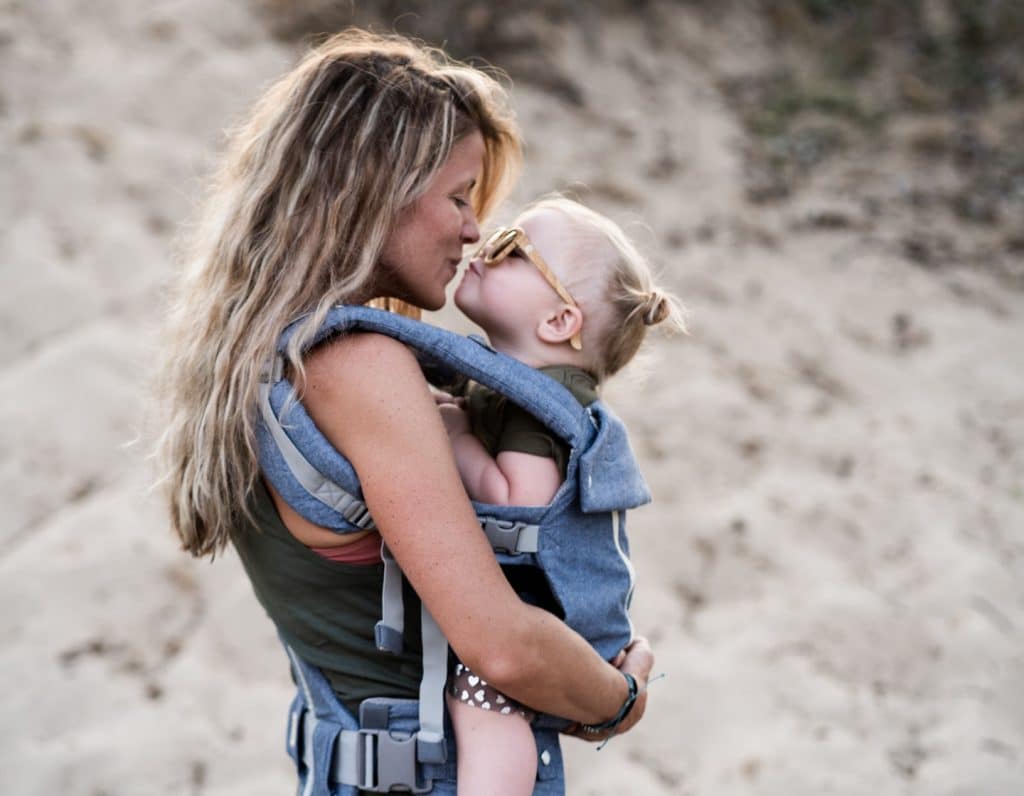
How to Choose the Best Baby Carrier for You
04 May 2023
Consider your needs: Think about why you need a carrier. Will you be using it for short walks or long hikes? Will you be using it indoors or outdoors? Do you need a carrier that is easy to use or one that offers maximum support for your baby's head and neck? Consider these factors before making a decision.
Check the weight limit: Make sure the carrier you choose is suitable for your baby's weight and size. Most carriers have weight limits, so check the product specifications carefully.
Consider your baby's age: Some carriers are better suited for newborns, while others are designed for older babies and toddlers. Make sure you choose a carrier that is appropriate for your baby's age and developmental stage.
Look for adjustable features: Adjustable features such as straps and waistbands can help you customize the fit of your carrier, making it more comfortable for both you and your baby.
Try before you buy: If possible, try on a few different carriers before making a purchase. This will give you a better idea of how they feel and how easy they are to use.
Check the safety features: Make sure the carrier you choose has safety features such as buckles, straps, and padding to keep your baby secure and comfortable.
Read reviews: Before making a purchase, read reviews from other parents who have used the carrier. This can give you valuable insights into the carrier's pros and cons.